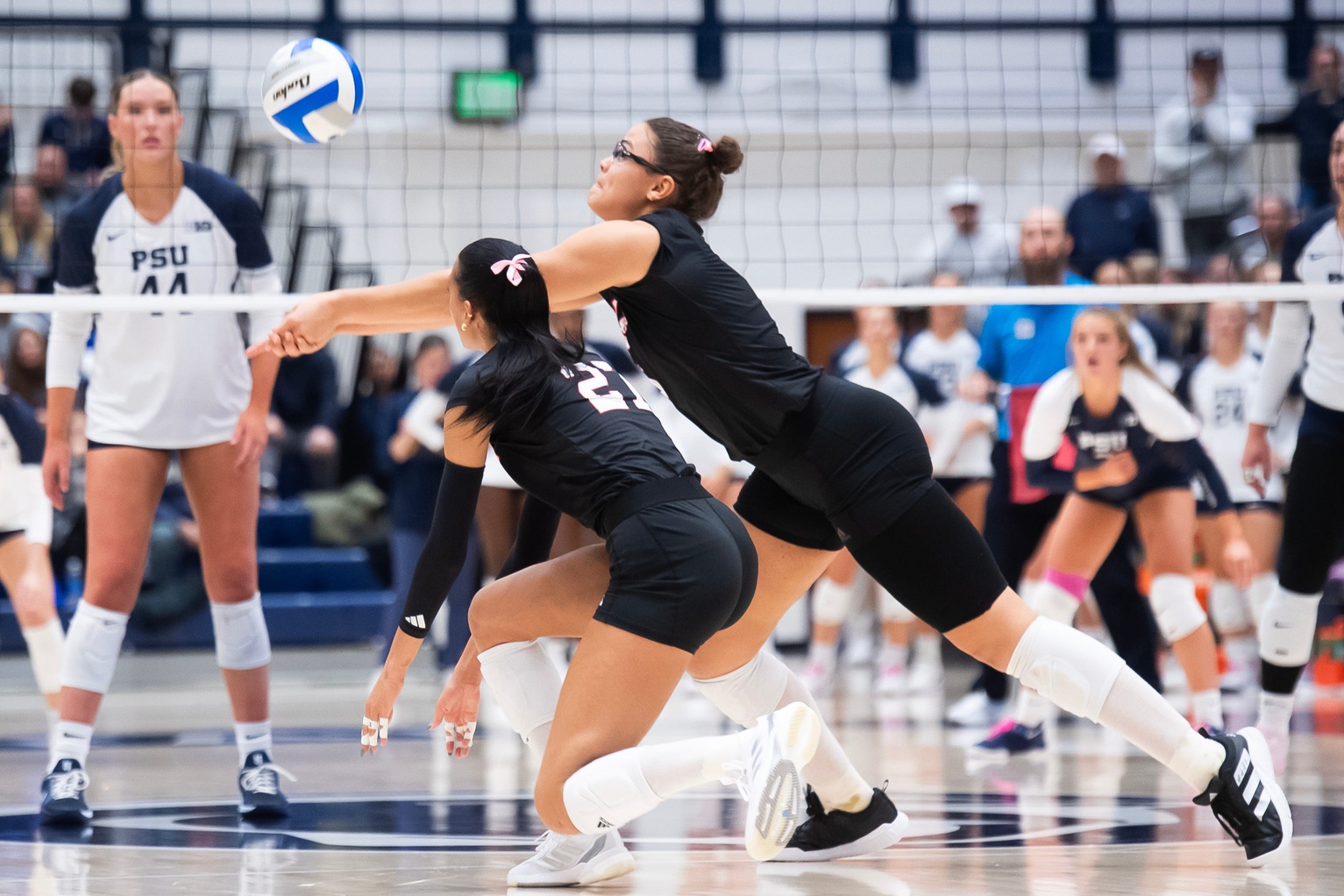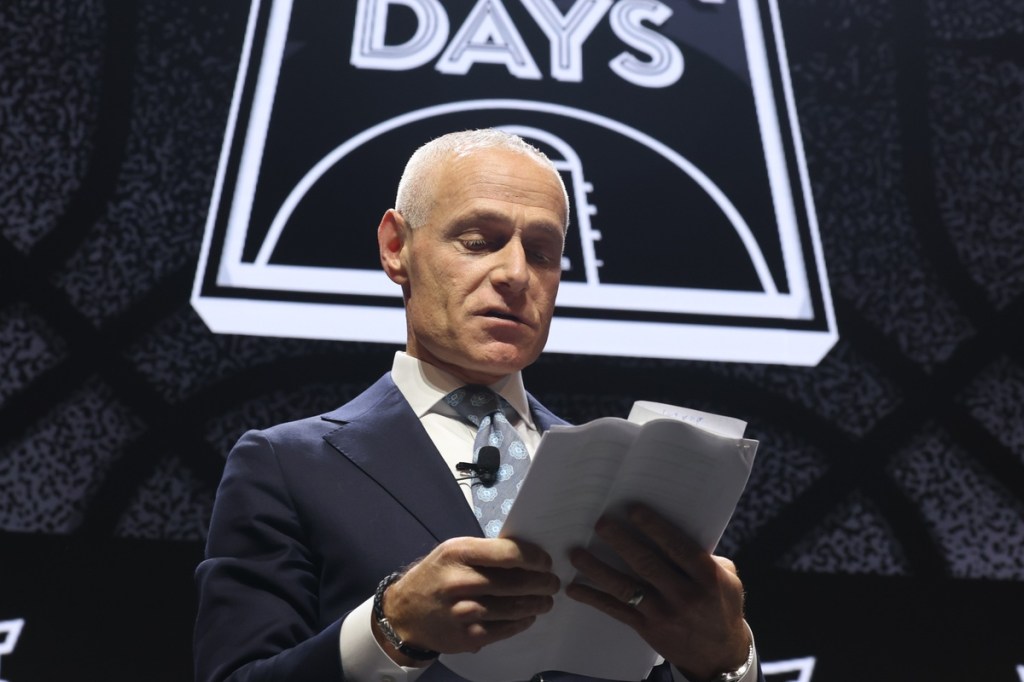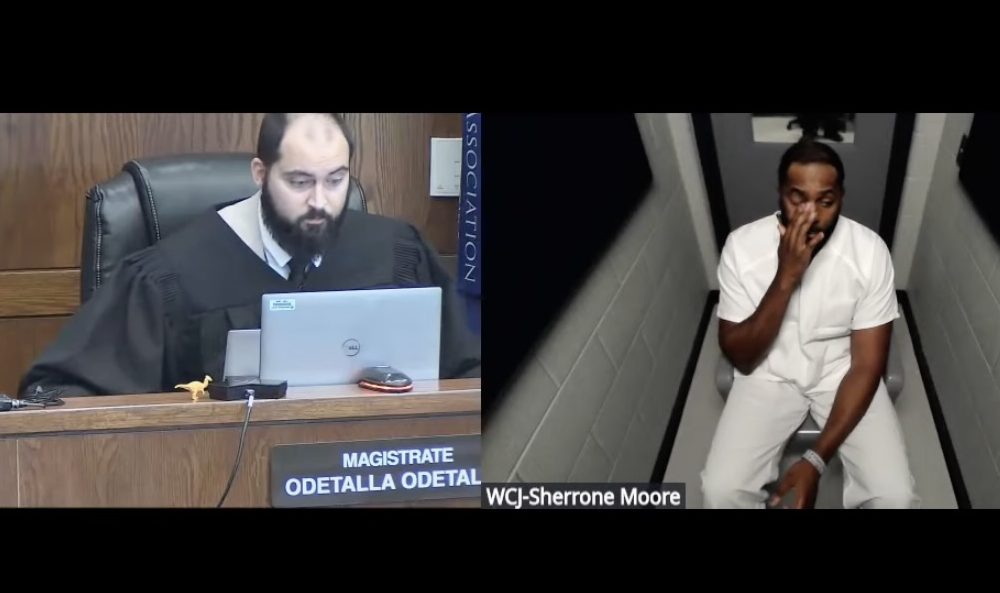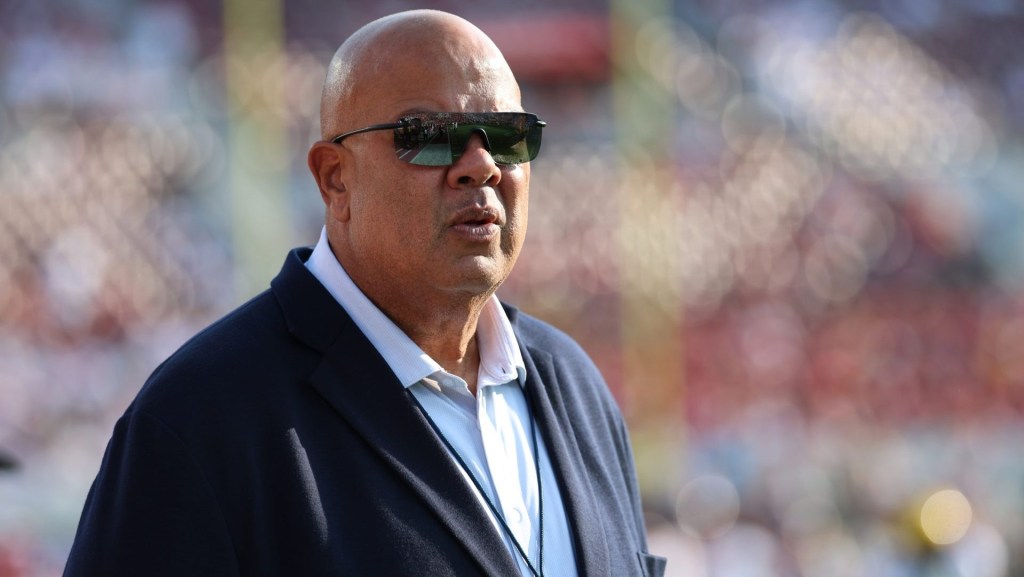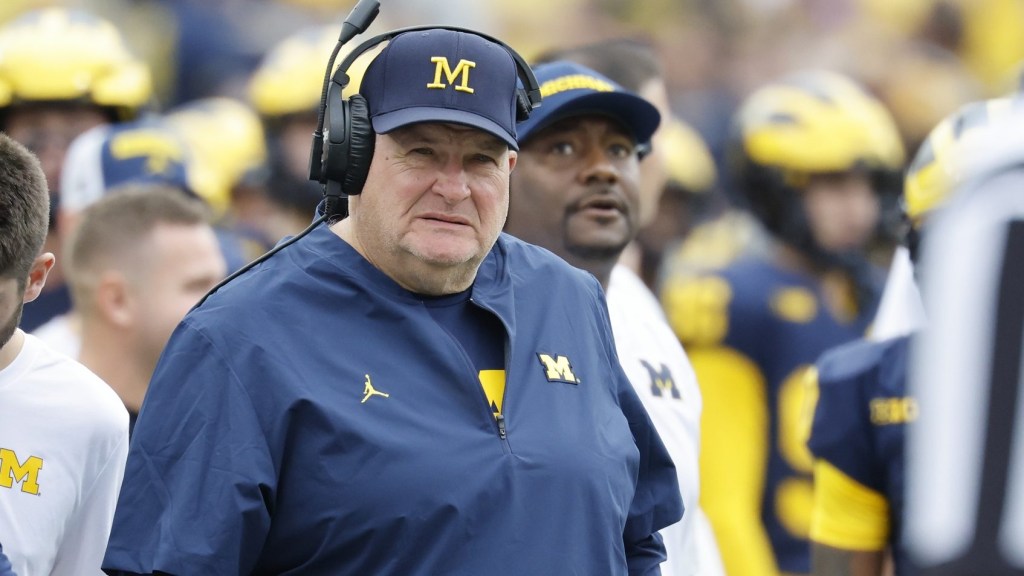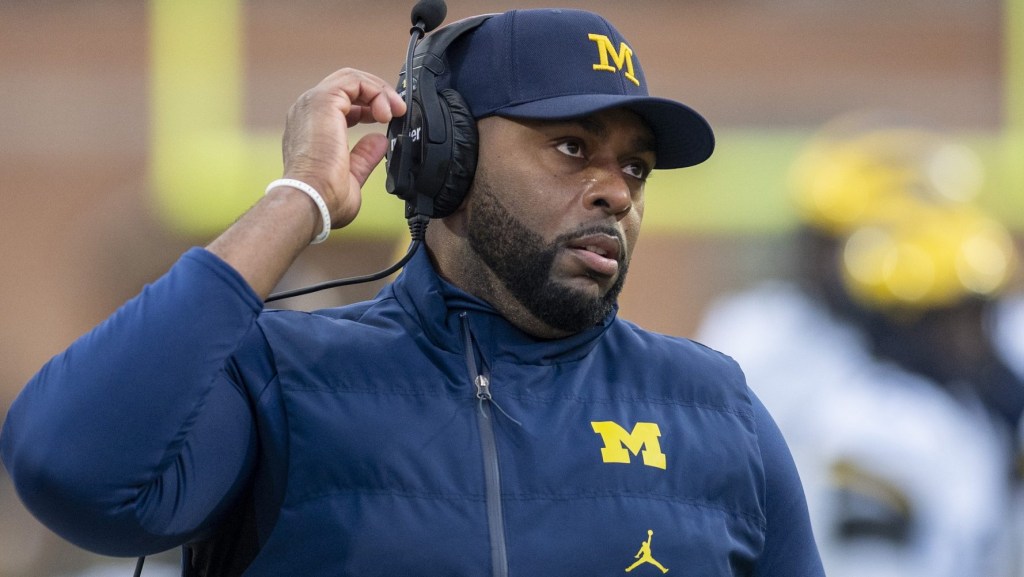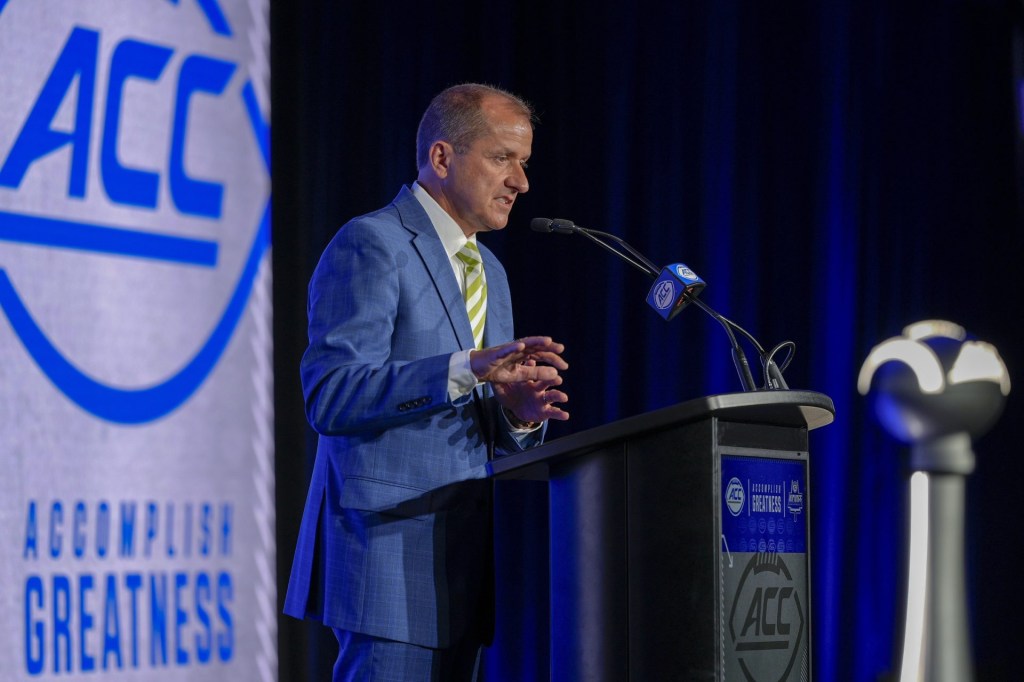On Friday, the Department of Education issued additional details on how Title IX, the federal statute that governs gender equity in college sports, would apply to revenue-sharing payments that schools may begin offering athletes if the House v. NCAA settlement is approved.
The letter, addressed to Rep. Lori Trahan (D., Mass.) and reviewed by Front Office Sports, said each payment didn’t have to be worth the same amount of money. But schools are still obligated to provide a similar amount of aggregate financial assistance for both men’s and women’s sports athletes based on the number of athletes in their athletic department.
“The regulations do not require the same number of awards for male and female student-athletes or that individual awards be of equal value,” the letter said. But it added: “When evaluating a school’s compliance with the Title IX regulations, [the Office for Civil Rights] assesses whether the total amount of athletic financial assistance made available by the school to men and women is substantially proportionate to the number of students of each sex participating in interscholastic or intercollegiate athletics at that school.
The letter supplements a memo released by the DOE’s Office for Civil Rights (OCR) on Thursday, which said NIL deals offered from schools to players would count as athletic financial assistance. Because of that, revenue-sharing payments would be required to be “proportionate” to men and women athletes to be compliant with Title IX. However, the first memo did not elaborate on what “proportionate” meant.
The two documents have major implications for the future of college sports, especially if the House v. NCAA settlement is approved and implemented in July. The settlement would allow all Division I athletic departments to begin sharing up to $20.5 million in revenue with all the players in their athletic department. As schools have begun preparing for the settlement to be approved, they’ve also started releasing plans for how they would distribute the funds.
The vast majority have said they expect to distribute most of the money to football players—but according to the Department of Education’s new guidance, that may not be legal unless schools can adjust their financial aid formulas.
Many expected the Department of Education’s OCR to wait until after the settlement had been approved to issue this guidance, a source familiar with the matter told FOS on Thursday. But it was encouraged to provide the guidance sooner, given how many schools have begun to say they would prioritize paying men’s basketball players and football players more than women athletes. (In some cases, athletic departments said they would give 75% of the $20 million to the football team.)
Another factor: the changing political winds brought by the next administration. President Biden’s Education Department issued this guidance right before leaving office. President-elect Donald Trump will take office Monday, and his administration is not expected to be strict on Title IX enforcement. It could even retract or rewrite the memo, though Title IX expert attorney Arthur Bryant told FOS on Friday he doesn’t believe Trump will be able to do so.
Lawmakers on both sides of the aisle have already released conflicting statements about the memo. Rep. Trahan, for example, voiced her support: “As the landscape of college sports evolves, one principle remains unchanged: schools have a clear obligation under Title IX to provide equal opportunities for women and men athletes alike,” she said in a statement Friday. “The Department of Education’s guidance reinforces that commitment and ensures that fairness and equal opportunity remain at the heart of college athletics.”
But Sen. Ted Cruz (R., Texas)—who is expected to lead efforts to legislate athlete compensation rules in the next Congress—trashed the DOE’s guidance. “This is a great idea if Biden’s intent is to kill both men’s and women’s college sports,” he said in a statement Friday. “Mandating so-called equal pay when not all sports generate equal revenue will force some colleges out of athletics altogether. Everyone wants to be paid like Michael Jordan, but that’s not the way the world works.”
Cruz said the Department of Education’s guidance will “die on Jan. 20th.” But the wheels of bureaucracy could take longer to turn. Until Trump’s administration says otherwise, schools must alter their plans for revenue-sharing in a post-House world.
